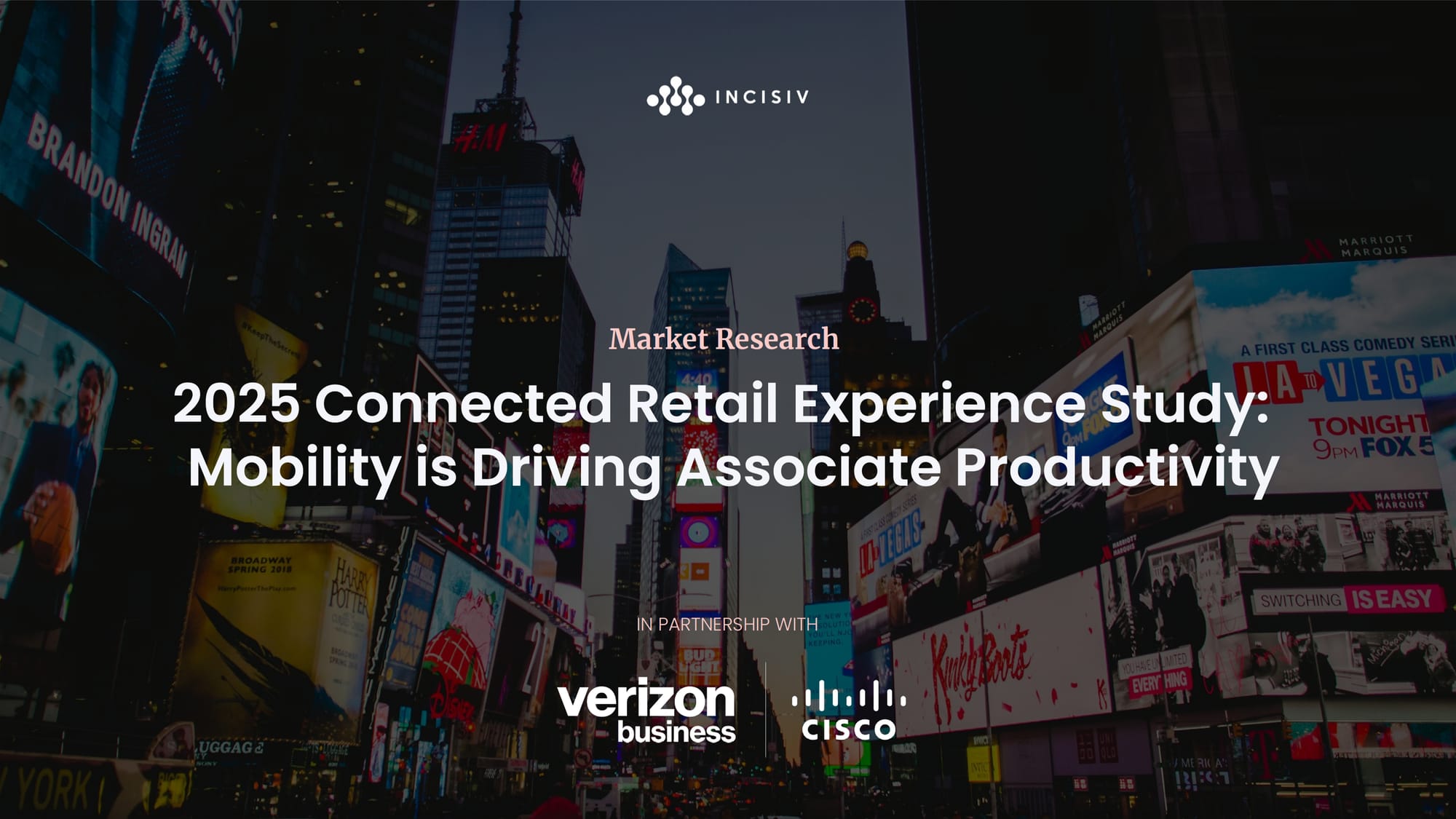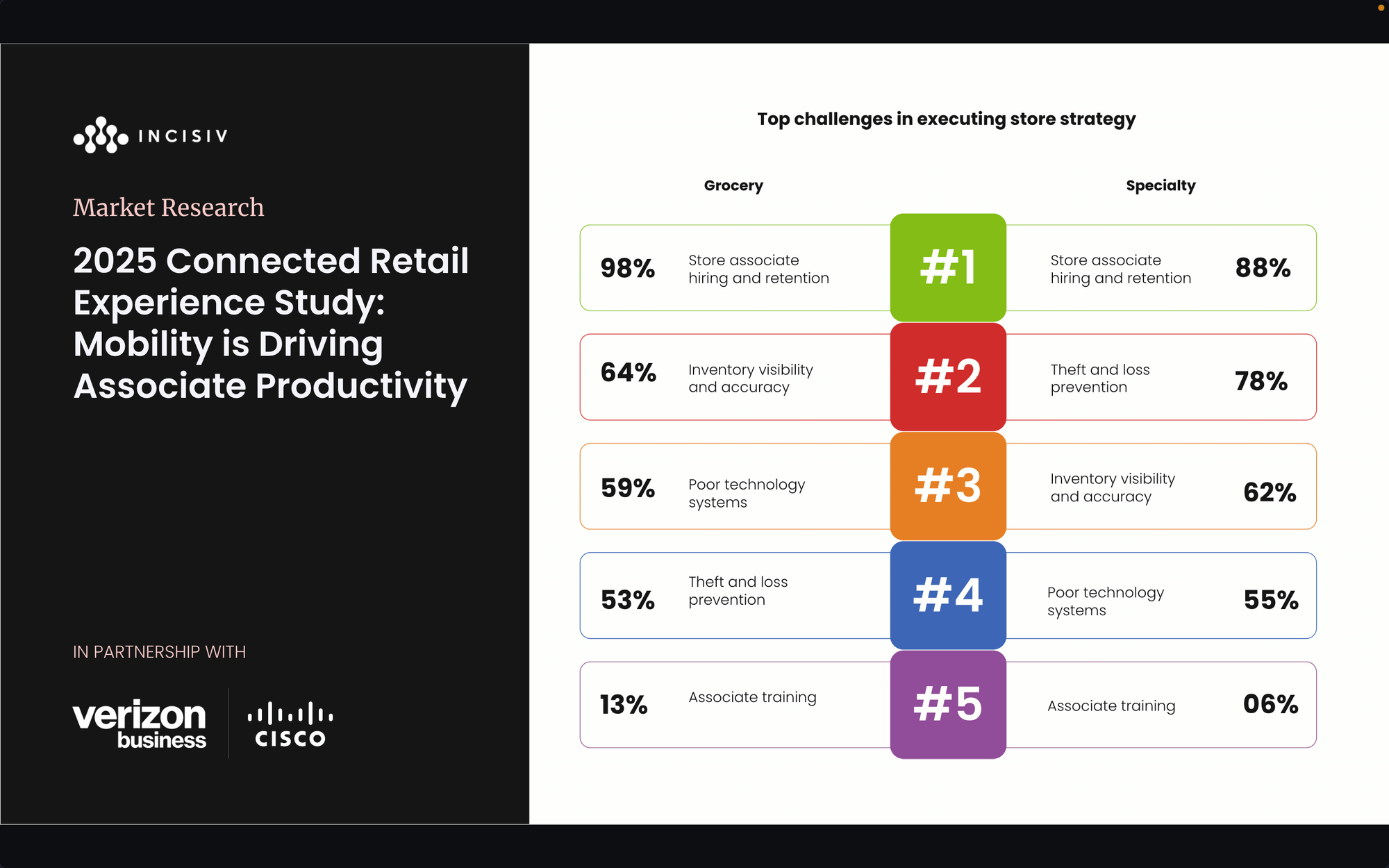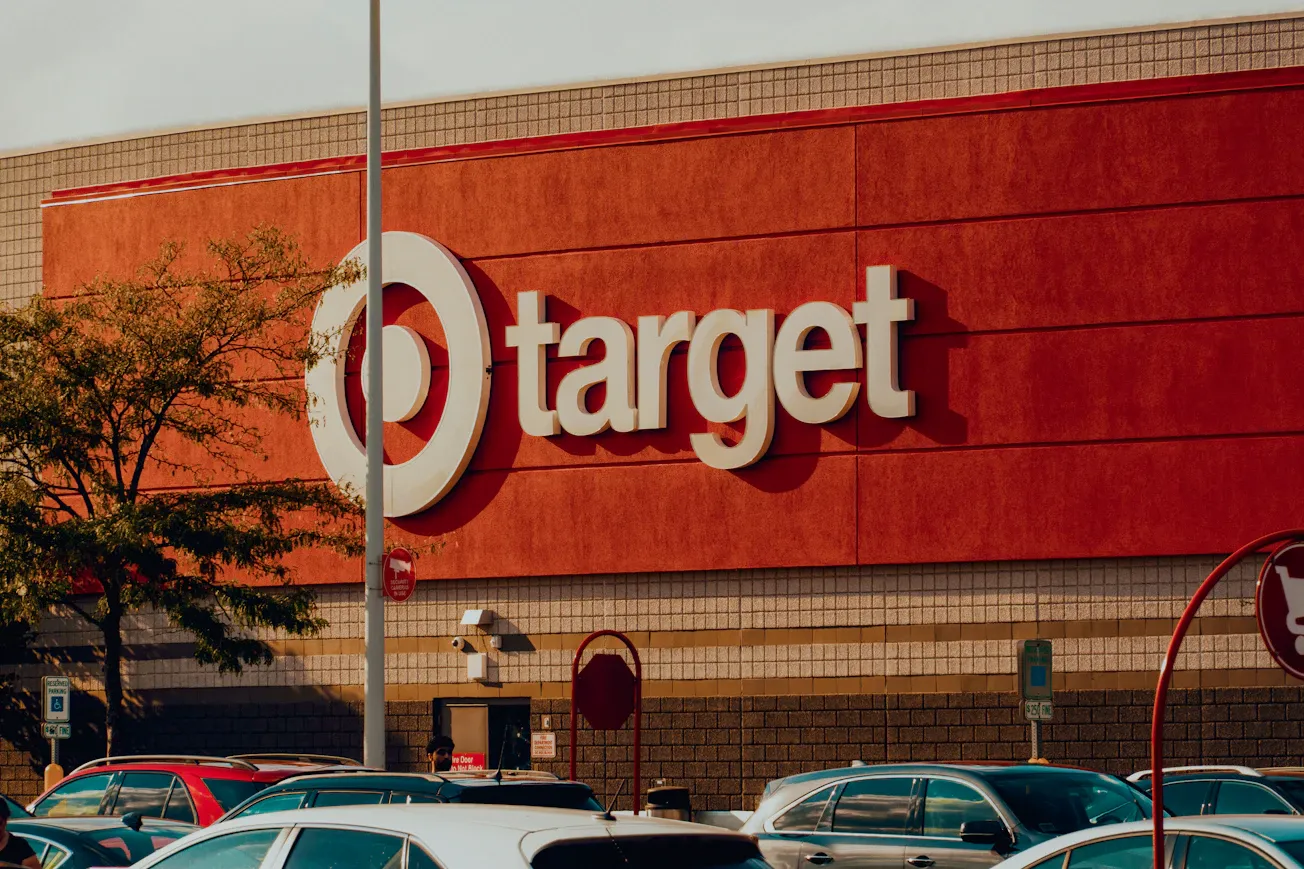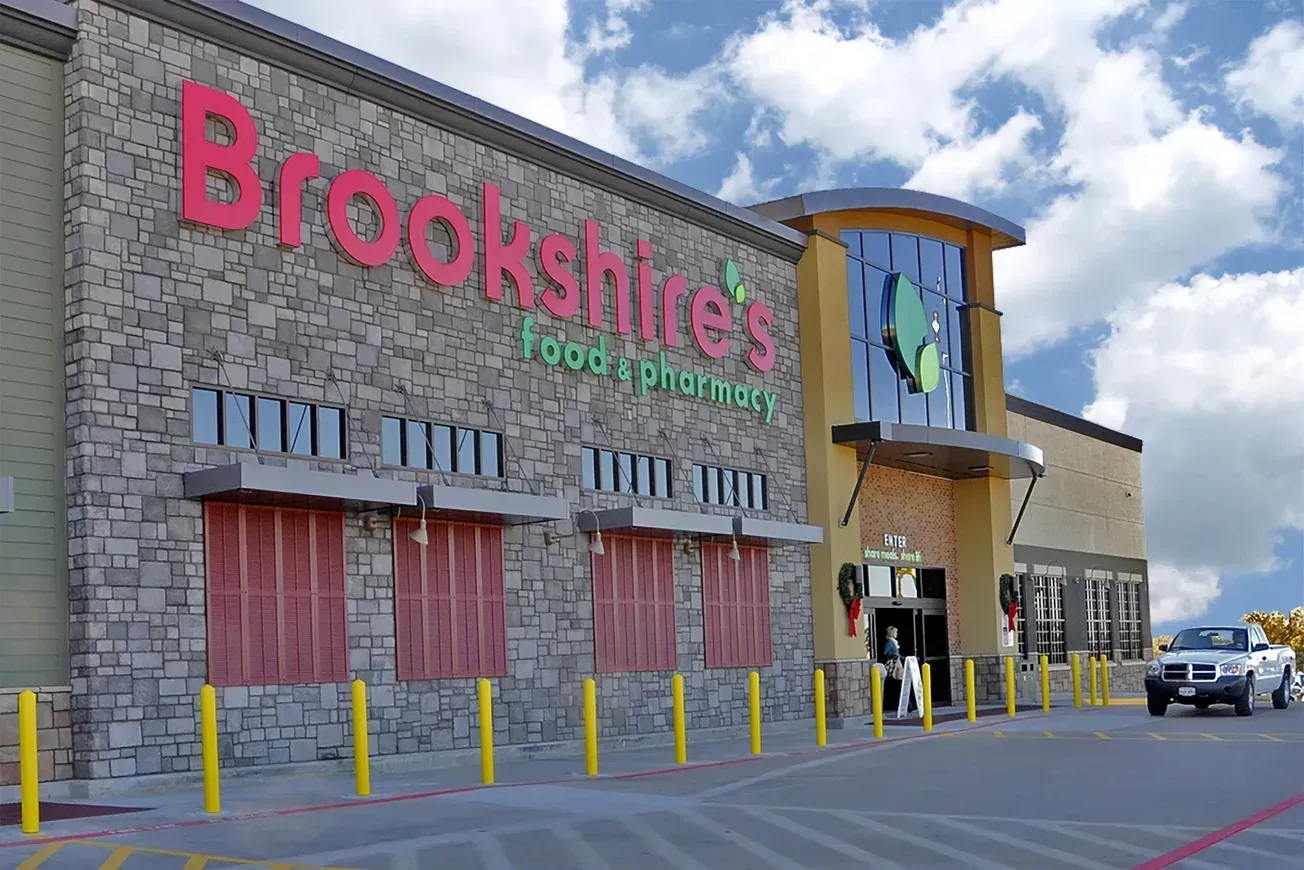NEW YORK — Retailers are accelerating their adoption of digital technologies to address critical labor challenges and enhance productivity according to the 2025 Connected Retail Experience Study: Mobility is Driving Associate Productivity by Incisiv, conducted in partnership with Verizon Business and Cisco, retailers are accelerating their adoption of digital technologies to address critical labor challenges and enhance productivity. The study highlights a dramatic shift in priorities, with retailers leveraging technology to offset persistent macroeconomic pressures, including labor shortages and supply chain inefficiencies.

The study underscores the growing importance of mobile and AI technologies in navigating labor challenges and enhancing operational efficiency. As retailers aim to double the adoption of mobile apps by 2026, investments in scalable infrastructure and personalized customer engagement will be key to maintaining a competitive edge in a rapidly evolving landscape.
Now in its fourth year, the study outlines four transformative trends reshaping retail:
- Critical Labor Challenges Drive Technology Investment
- Mobile Technology Becomes Critical for Success
- Personalization at Scale Remains a Big Opportunity
- Artificial Intelligence (AI) is Prioritized for High-Value Use Cases

Key Findings from the Study
- Labor Challenges Fueling Tech Adoption
Staffing remains a top concern, with 98% of grocery retailers and 88% of specialty retailers reporting difficulties hiring and retaining store associates. In response, 81% of retailers prioritize technology investments to improve associate productivity in 2025. - Mobile Technology as a Game-Changer
Mobile solutions are becoming a cornerstone of modern retail operations. By 2026, 42% of retailers plan to deploy mobile apps with in-store features, a significant leap from 19%. These tools are expected to streamline workflows, enhance customer service, and empower employees with real-time insights. - Scaling Personalization Efforts
Despite recognizing the importance of a "segment of one" approach, only 13% of retailers are satisfied with their personalization strategies. Many still rely on basic segmentation, underscoring the untapped potential for tailored customer experiences. - AI for Strategic Applications
Retailers increasingly focus on high-impact AI use cases, such as workforce optimization and inventory management. With 90% of retailers believing AI is critical to future competitiveness, 49% are already testing or implementing AI-driven solutions.
Expert Perspectives
"Retail is at a turning point," said Gaurav Pant, Chief Insights Officer at Incisiv. "The focus on convenience, driven by labor challenges and evolving consumer expectations, fundamentally reshapes how retailers approach technology investment and customer experience."
James Hughes, Retail CTO at Verizon Business, emphasized the importance of network infrastructure in supporting these advancements. "As retailers deploy solutions like AI-enabled inventory tracking and mobile apps, robust networks such as 5G business internet and private networks are essential to meet increasing demands."
Sabrina Gonzalez, Global Retail Marketing at Cisco, highlighted the strategic value of modular solutions. "Retailers prioritize intelligent, adaptable technologies that offer smarter insights and faster decision-making, accelerating their digital transformation journeys."









